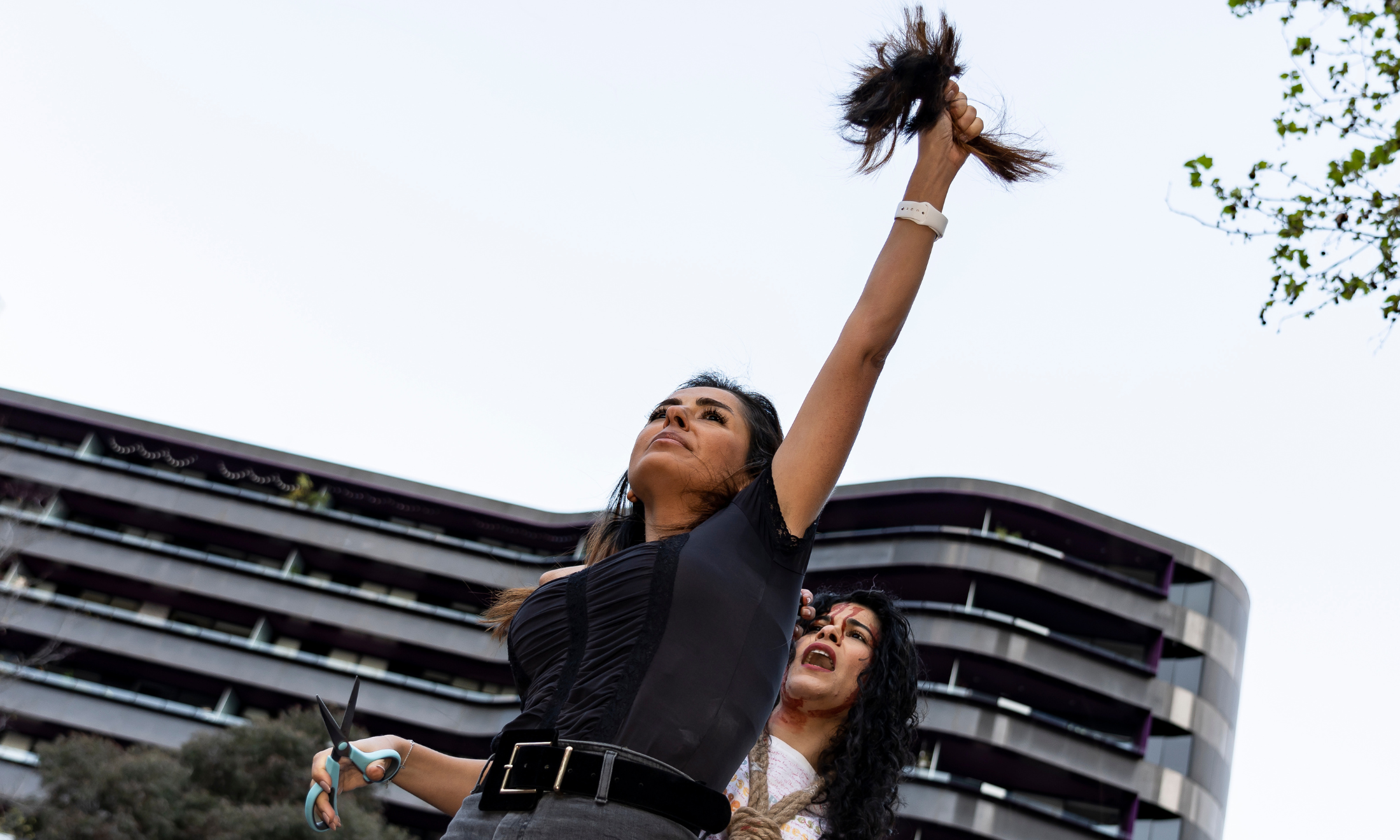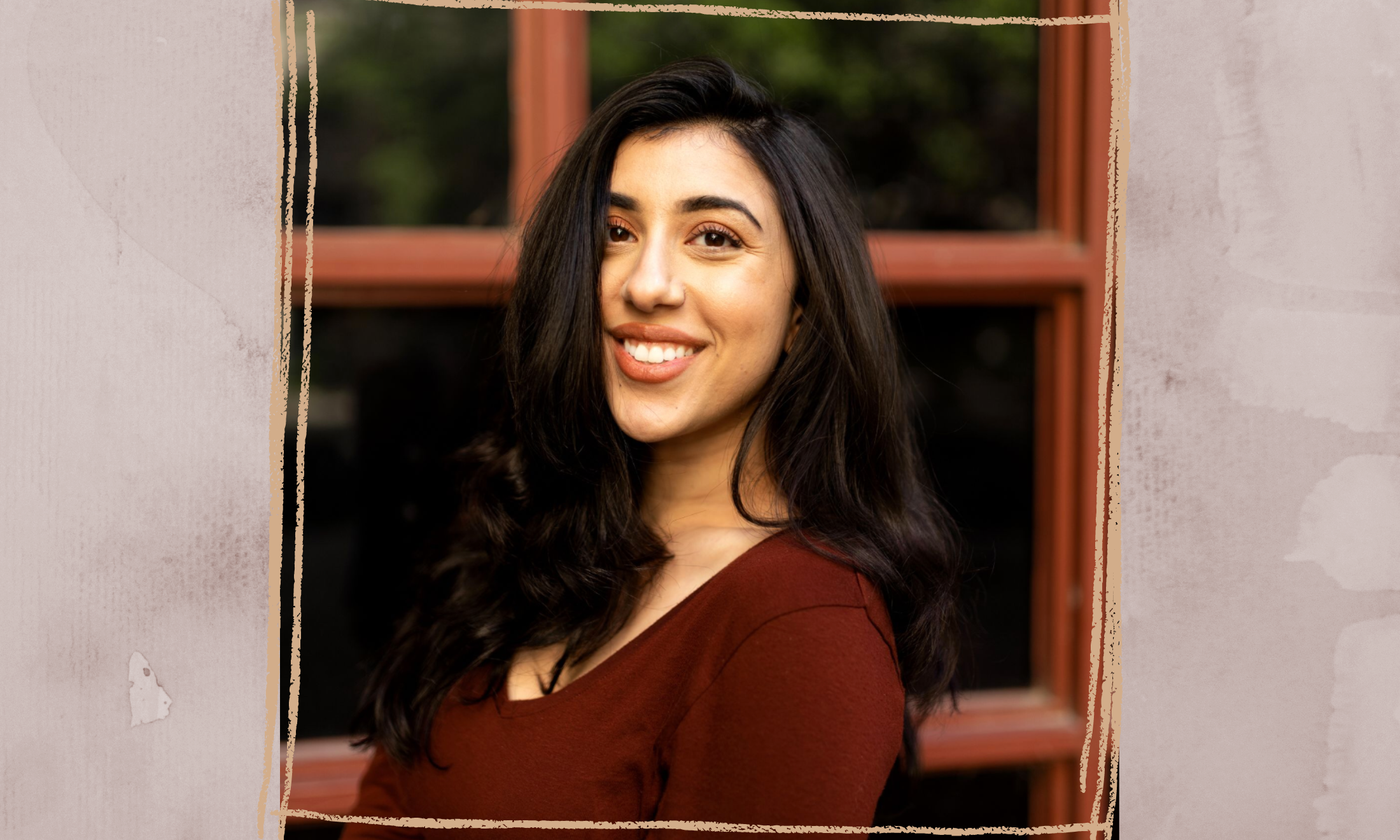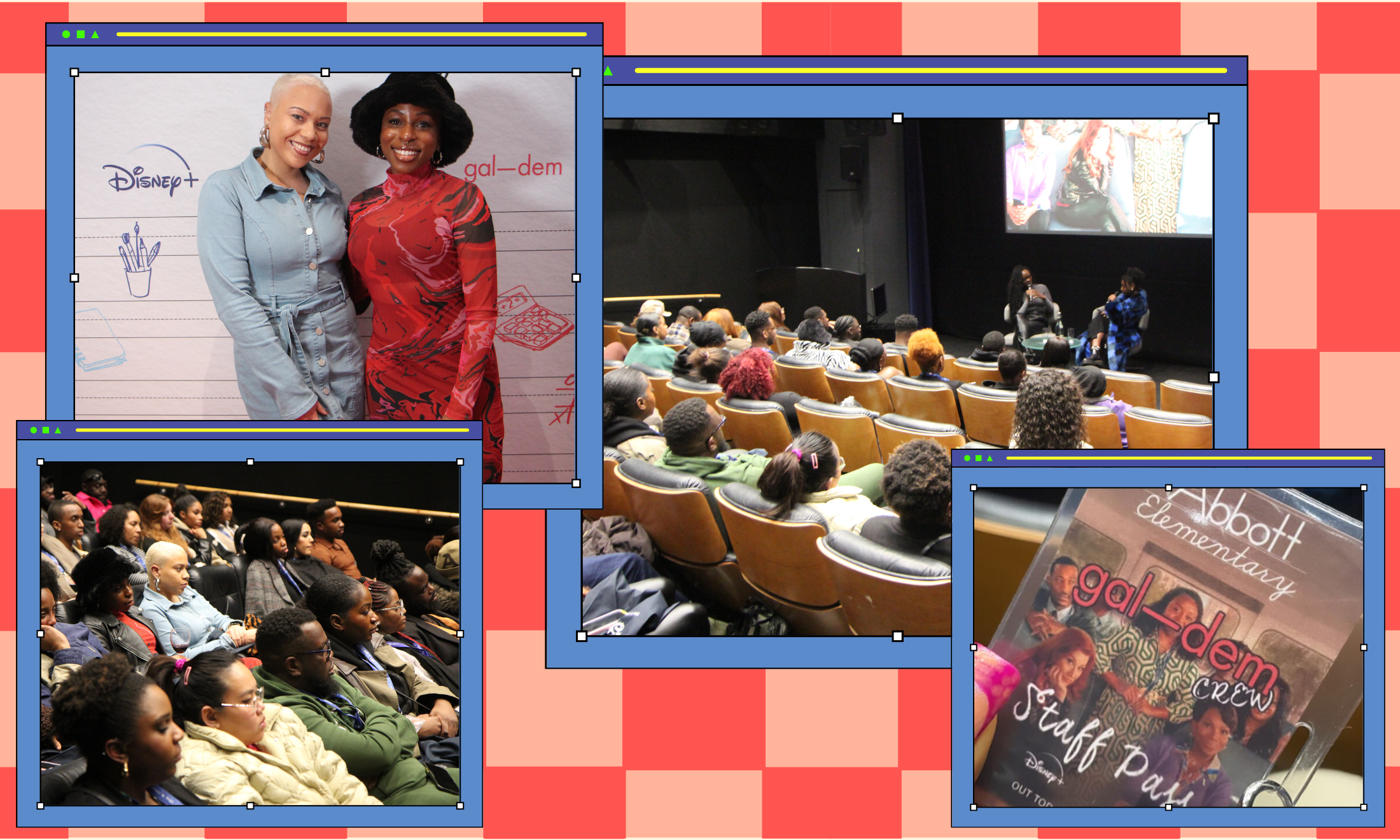
Mena Mangal was gunned down in the street but she should be remembered as an Afghan women’s rights hero
Shaista Aziz
16 May 2019
On the day of Mena Mangal’s murder, her mother Anisa Mangal posted a video on Facebook, raw with emotion. She demanded the authorities bring her daughter’s killers to justice. “Stand up for my daughter,” she pleaded. “For God’s sake, punish the perpetrators.”
Mena Mangal, 27, was a prominent and popular Afghan TV presenter, a journalist, a women’s rights campaigner and a political advisor to the government of Afghanistan. Although publicly-known information about her work is limited, it is clear she was incredibly valued by her campaigning community and deeply cared for by her family and friends. The brazen attack has sparked outrage amongst Afghan women’s rights defenders, journalists, and political figures inside the country and galvanised an outpouring of grief from women’s rights campaigners and journalists across the world.
On Saturday 11 May, Mena was gunned down in broad daylight, southeast of Afghanistan’s capital, Kabul. In a statement released on Saturday, the interior ministry said she had been on her way to work as an adviser for the Afghan parliament’s cultural affairs commission when she was shot dead. Her family told journalists she was waiting for a car to collect her and take her to work when she was hit by at least nine bullets. So far, there have been no arrests made.
“I have lost an intelligent and active daughter because of a family dispute issue,” Mena’s father told the BBC. “I am asking the government why they could not protect my working daughter and I have lost her. I urge them to protect my other daughters and other women like them who come out of home and serve our society.”
“The murder of a prominent, young, woman journalists has once again focused attention on violence against women in Afghanistan”
On Twitter, Afghan women’s rights activist Wazhma Frogh called Mena a “beautiful soul” and wrote that she hadn’t been able to stop crying since learning of her death. “She had a loud voice, & actively raising voice for her people.” Shagufa Noorzai, a member of the Afghan parliament who worked alongside Mena, said that “her death was part of a pattern of women [being] targeted in Kabul’s streets”.
The murder of a prominent young woman journalist has once again focused attention on violence against women in Afghanistan. According to the UN, 51% of Afghan women have experienced physical or sexual violence from an intimate partner sometime in their lifetime, and 46% of women experienced those forms of violence in the last 12 months. Despite all off the work Mena did to protect other women, according to her mother, she was herself experiencing abuse from her partner.
I’ve spent more than ten years working in Pakistan with women impacted by violence including Afghan women who fled to Pakistan as refugees. I spent more than two years working on Pakistan’s border with Afghanistan and in the tribal belt. I met many women who spoke about the hardships they faced battling poverty, patriarchy, and violence inside their homes while raising their children. These women knew the cost of speaking up would be their life.
As part of her women’s right activism, campaigning, and journalism, Mena had been advocating against forced marriage and violence against women. In 2017, she wrote about her own experiences of being forced into marriage and the struggles she went through to obtain a divorce. Mangal had been “promised” to her husband when she was just 14 years old.
Her mother Anisa told a journalist that her daughter had finalised her divorce days before she was gunned down, and her family has accused her ex-husband of killing her. Police have said the case was likely a “family dispute”, and have launched a manhunt for him.
“A week before she was killed, Mena said she had received threats via social media and feared for her life”
Mena’s colleagues and women’s rights activists condemned the authorities for failing to protect her despite her reporting threats to her life. A week before she was killed, Mena had posted on Facebook, writing that she had received threats on social media and feared for her life. She didn’t say who was threatening her and why, but according to news reports she wrote on social media that she was “a strong woman was not afraid of death”.
Women around the world face huge challenges to protect themselves from perpetrators of violence and to seek justice through the law, but Mena’s murder comes at a time when many women in Afghanistan fear their hard-won rights and freedoms could be left hanging by a thread. The US continues to push ahead with a negotiated peace agreement with the Taliban. Afghan women have routinely described how they’ve been erased from the talks with the men who wage war in their country and on their bodies and freedoms, which are deprioritised in the name of a so-called peace that refuses to value their lives.
Mena’s killing has led to further demands from Afghan women journalists for their government to keep them safe as they do their jobs. Journalists have been increasingly targeted in Afghanistan in recent years, with 15 killed in 2018 alone – the most in any one-year there, according to the Committee to Protect Journalists. At least 48 journalists were killed in Afghanistan between 1994 and 2018.
Horia Mosadiq, a prominent Afghan women’s rights defender, and founder of Safety and Risk Mitigation Organization (SRMO), an Afghan organisation providing safety and security training for human rights defenders and women’s human rights defenders across Afghanistan, told gal-dem that “Afghanistan is a dangerous country for women […] women are not only attacked and killed by the armed insurgent groups but also by the powerful warlords, family members and sometimes the ones who are holding high government positions.”
Around the world including in Afghanistan, women are not safe inside or outside their homes. Mena Mangal has become another martyr and another symbol of the struggle for women’s rights globally. Like Horia, I too hope that Mena’s murder galvanises women and men to strengthen the struggle for women’s rights. There will be no peace in Afghanistan until women and girls can live rather than exist and flourish. Horia describes Mena’s lasting legacy as bringing “more and more women together to fight against injustice and to end impunity towards crimes against women”.









